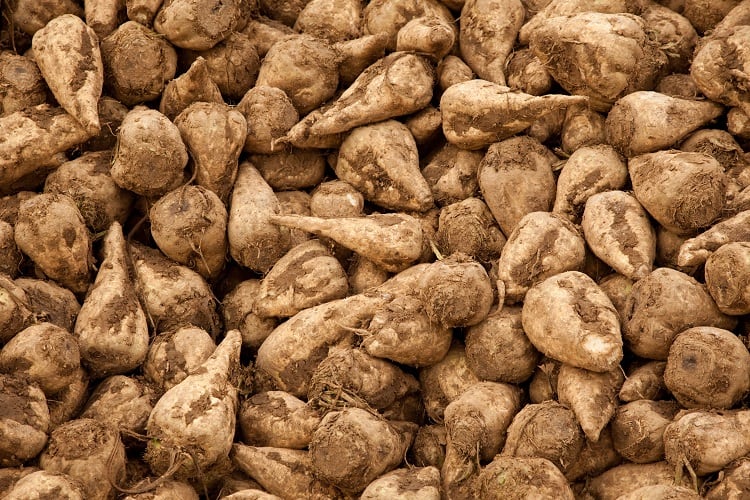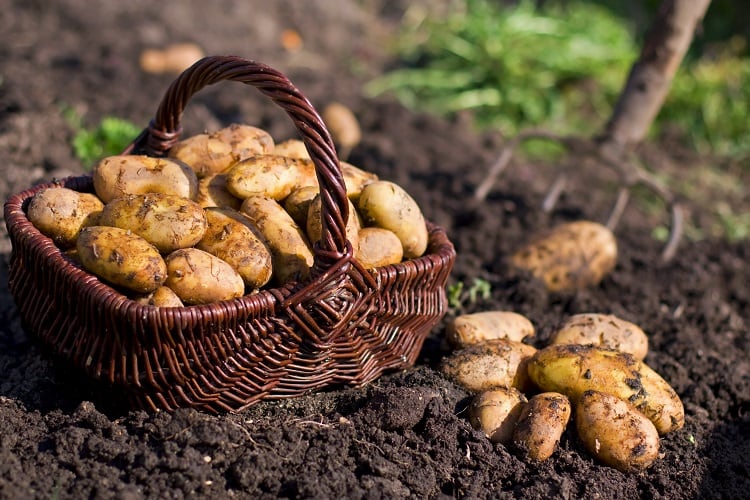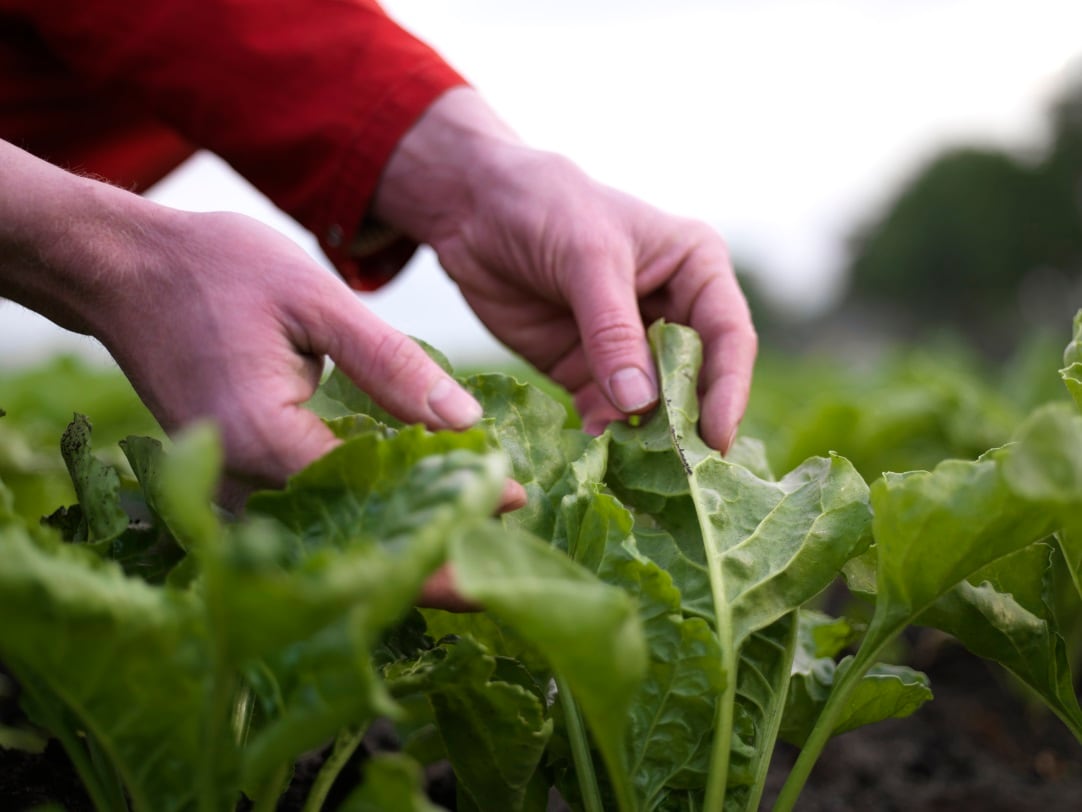The ‘protein transition’, the switch many believe that we (the human race, that is) will need to make away from animal sources of protein towards alternative sources, is well on the way.
Plant-based meat, fish and dairy alternatives, while seeing a significant downturn in recent months, is still a significant part of this.
When developing plant-based substitutes, ingredients companies often use soy, pea, and wheat protein. Dutch agricultural cooperative Royal Cosun, however, develops plant-based products using sugar beets and potatoes (it also develops plant-based alternatives using cichorei and plant-based alternatives using fava beans.)
Because they produce these products in such abundance, they have a range of side streams which they can put into plant-based alternatives, as well as alternative applications of these crops in meat, fish and dairy alternatives.
Developing plant-based alternatives from sugar beet pulp
Royal Cosun aims to focus on utilising its crops, including the side-streams, to develop plant-based alternatives. The company's focus is on "unlocking the full potential of our crops, including the side streams," Royal Cosun CEO Hans Meeuwis told FoodNavigator.
The sugar beet is one such crop. It is a hardy crop and can withstand changing climatic pressures, Meeuwis toldus. “It's a strong and resilient crop.”
Its side streams, such as sugar-beet pulp, can be used as a functional ingredient in plant-based alternatives.
Cosun has developed uses for the sugar beet pulp, which would usually be used mainly in cattle feed. “We've been looking for other applications for this product, which is a co-product; a by-product if you wish,” Mathys Boeren, director for research, development and innovation at Royal Cosun, told FoodNavigator. The company uses it in plant-based fish or meat alternatives and in falafel bites and burgers.
The sugar beet pulp holds the moisture in the fish or meat alternatives, meaning that it doesn’t have the dry texture that is common in many plant-based alternatives. It also has a neutral taste, meaning that one does not need to add extra flavours such as salt to cover up the off-taste.
Compositionally, the sugar beet pulp is only 1% sugar, a member of Royal Cosun's team told us, as the sugar is extracted. What is left, they told us, is mainly water and fibre. As a functional ingredient, it works in combination with other ingredients such as plant-based proteins.
The ingredient is “a foodstuff,” Boeren told us. “The consumer, at the end of the day, will look at the back of the label and will want to see it as clean there as possible. At the same time if we disappoint the consumer on taste and texture, they might buy it once, but there will never be that repeat buy.”
Developing dairy alternatives from potatoes
Potatoes, on the other hand, can be utilised for dairy alternatives, for example potato 'cheezz'. “Contrary to regular cheese . . . potato ‘cheezz’ does not contain (saturated) fat and salt,” Royal Cosun told us. Alongside sugar, one of Royal Cosun’s major businesses is chips (fries), and with its large-scale production of potatoes can take advantage of an ingredient it already supplies to create new products.
“So looking for alternative applications with the ingredients that we already have, so long as they answer the need of the consumer,” Boeren told us.




